Exotic pet care is very different than many people think. With a dog, you make sure they have nutritious food, plenty of fresh water, play time and take them for frequent walks to get lots of exercise. With a cat, the same applies with food and water, you make sure they have a clean litter box and give them plenty of attention.
However, when it comes to exotic animals, their general care and training is going to be very different – even challenging for some. In this article we will cover what to do in order to keep your exotic pet both happy and healthy, as well as what not to do, so your animal companion doesn’t end up taking a trip to the avian, reptile and exotic pet hospital.
What to Know About Exotics Before You Decide to Take One on as a Pet
Exotics come with a very different set of needs than dogs, cats or any other commonly kept animal. Exotic animals require another level of care and they can have very challenging temperaments. For example, parrots can become holy terrors if not given the proper training and attention when they are young.
Contrary to popular belief, locking them in a cage is the exact opposite of what should be done. A bird’s cage should be a sanctuary for them. With the proper training you actually shouldn’t even need to close the cage door – they will happily put themselves to bed and quiet down. They should have a safe, secure area to explore outside of their cage whilst under your supervision.
Obviously you don’t want them to have access to anything potentially harmful, but keep in mind that they need a fair amount of freedom to be happy. As with anything in life, exotic pets need a healthy balance between freedom and structure. Sounds similar to having a dog or cat doesn’t it? Well, here are the major differences.
Keeping your Companion Out of the Avian and Exotic Pet Hospital
While you definitely want to have regular check-up visits with your exotic vet, you don’t want to be taking your life companion in for an emergency visit to the avian and exotic pet hospital.
The Enclosure is Paramount
One of the most important parts of keeping exotics as a pet is making sure they have the proper enclosure. Exotic care starts with where the animal lives – where it spends the majority of its life. If you have a turtle, their enclosure will need to be different from that of a land tortoise.
The needs of a budgerigar will be different than that of a cockatoo or Indian ringneck. All of these factors are something you need to take into consideration and of course as your vet for exotic pets, we will be happy to give you all of the advice necessary – we want to make sure your animal companion is living life to its fullest.
Diet is Everything for Exotic Pets
Exotic pets require special attention when it comes to their diet. One common misconception about birds is that sunflower seeds are a staple of their diet. That couldn’t be further from the truth and as it turns out they are basically just fast food in the bird world. They are fine as a treat in small amounts, but if they are a large part of their regular diet, get ready for regular visits to the avian exotic animal clinic.
If you are looking for exotic pets that are easy to care for, think again. No animal should be in your life simply because you want one. Think long and hard about that statement. If you want to have an animal in your life because you truly desire companionship, then it shouldn’t matter what level of care is required for them to be happy. No one should have a snake simply because they want to have one – it is not just an ornament for you to show to your friends.
Exotic animal care is not for the faint of heart. That being said, it is incredibly rewarding if you are fully invested and willing to learn. It’s hard to explain the feeling that comes from your bird happily flying around your home and enjoying itself, taking a bit of time to come and say hello to you. Or when your snake climbs up your arm when you open their enclosure. It’s an amazing experience.
Great Exotic Pets are a Product of Training
The reality is that great exotic pets are reflections of the owner’s relationship with them. Are you taking the time to be the best master for your student? As with anything, exotics go through stages. They will be young and then they will be adolescent, this period is absolutely crucial when it comes to training.
Avian and exotic animal care can be challenging and extremely rewarding. Just make sure that you understand the animals needs before you decide to take them on. We hope you found this article useful, for more articles on unusual exotic pets and how to care for them click here!
FAQs
“Any pet needs special care, not just exotics. You are their entire world, no matter the genus or species. No exotic animal veterinary centre wants to see a sick pet, especially one that is dying because of the negligence of an owner – regular check ups are what they are meant for. Any avian, reptile & exotic pet hospital should only be there for your animal at the end of its natural life – not because it wasn’t convenient for the owner to learn and understand exotic pet care.
If you ask an avian and exotic pet clinic this question, the answer will always be the same. Any animal you want to ‘keep’ as a pet needs to be one that you love and adore. Exotics and any other pet are a companion, not just an item you keep. Birds and reptiles are popular pets but they require the appropriate care. Avian and exotic veterinary care should always be preventative, not a last resort for a dying animal due to negligence.
When it comes to exotic pet care, diet is always an important part of the proverbial menu. It depends on what kind of exotic animals you are talking about. Obviously an Indian ringneck parrot will have a different diet than that of a bearded dragon. Getting a consultation from your local exotic animal vet about the appropriate diet for your pet is always the best step when it comes to keeping exotic animals.
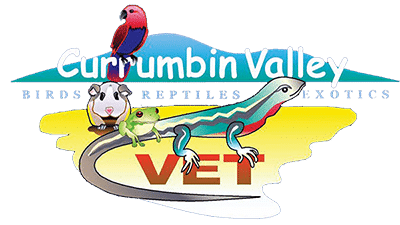
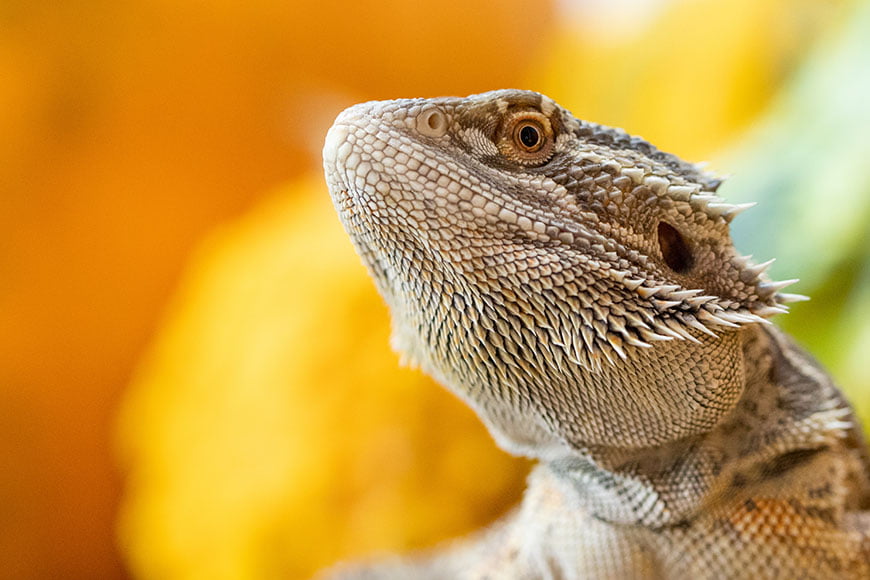

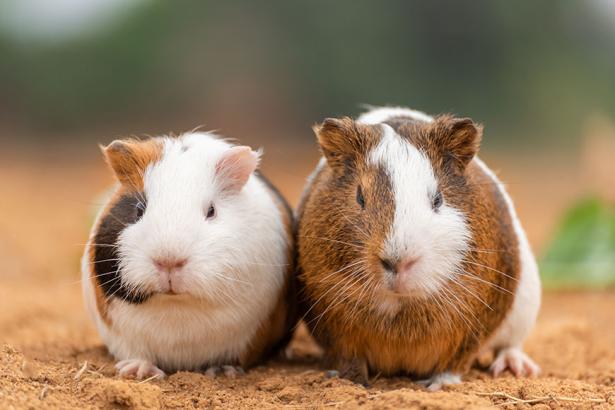
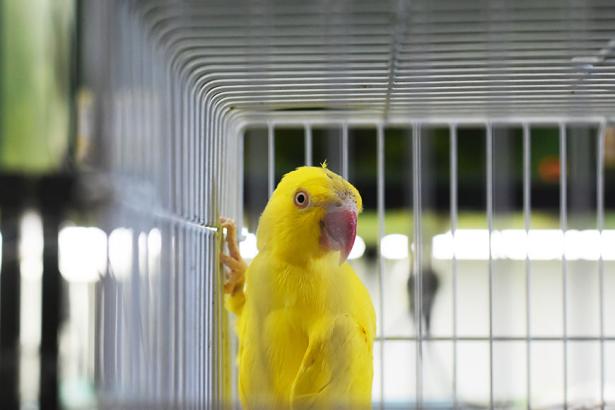
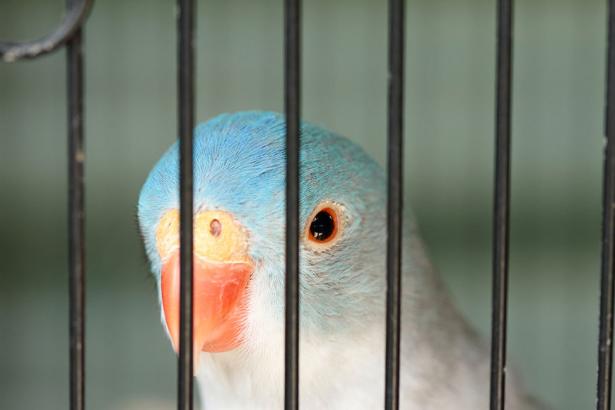
5 Comments
Comments are closed.